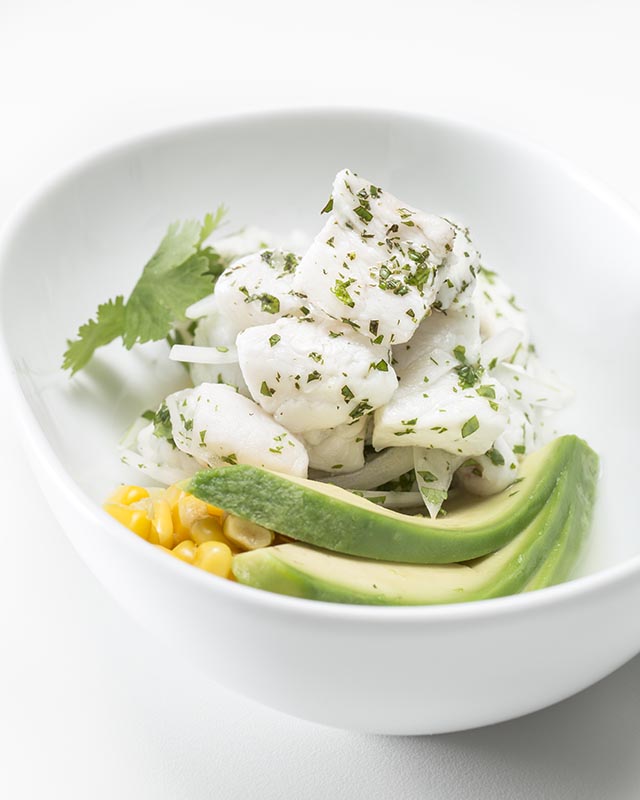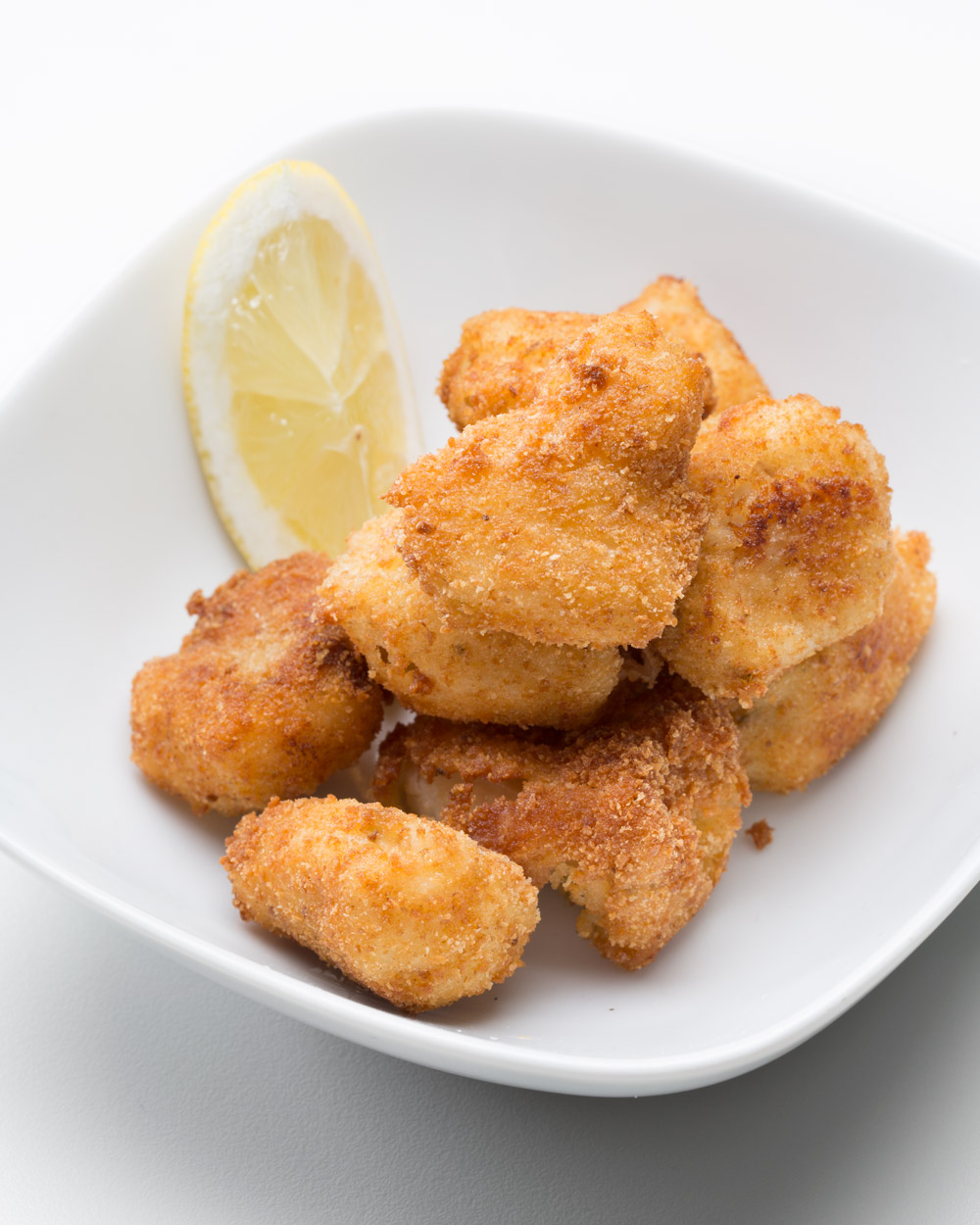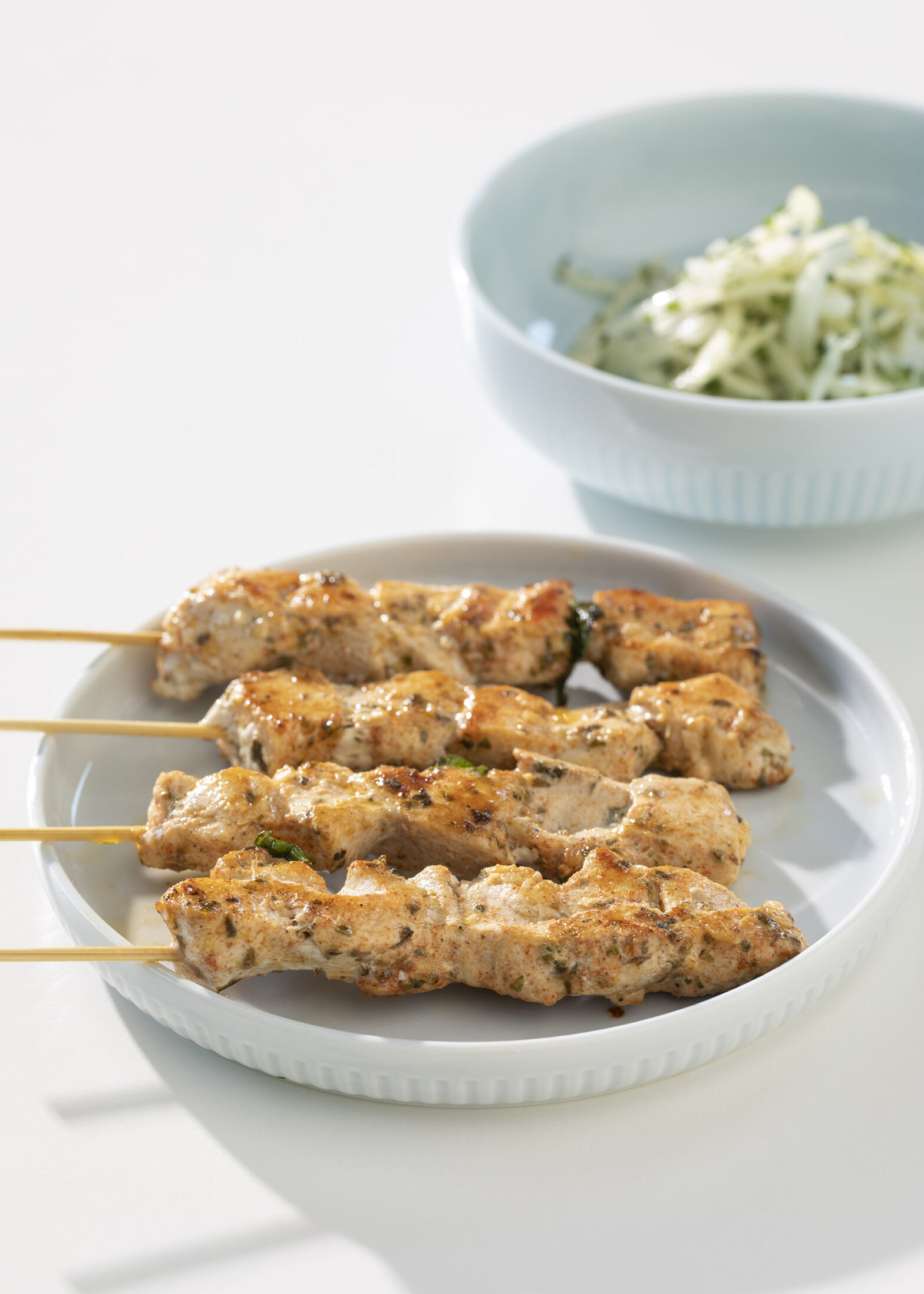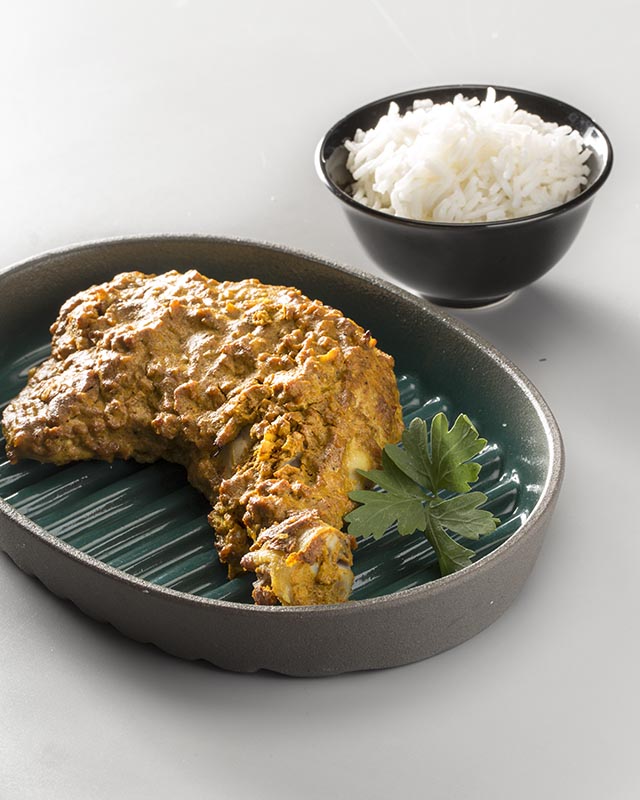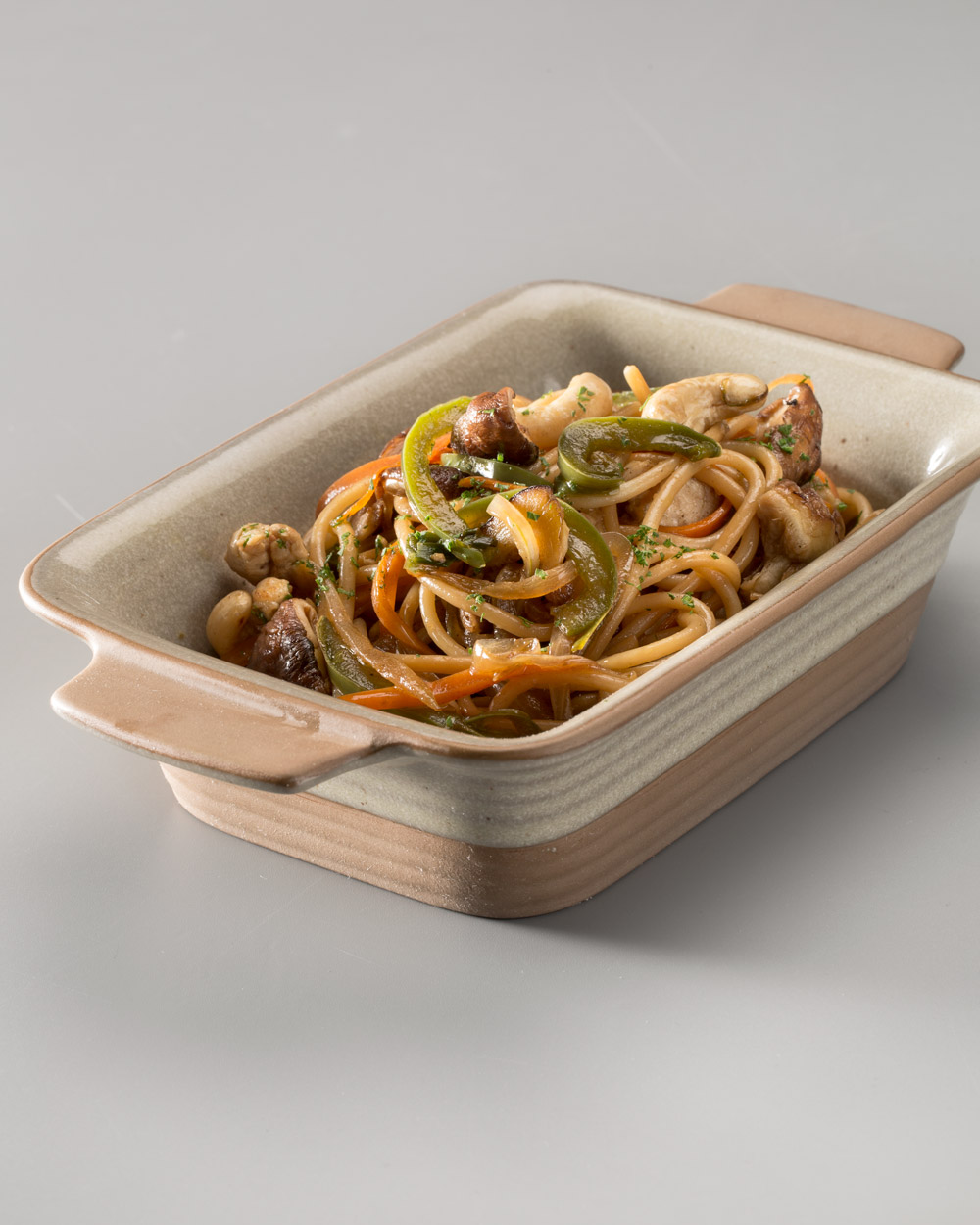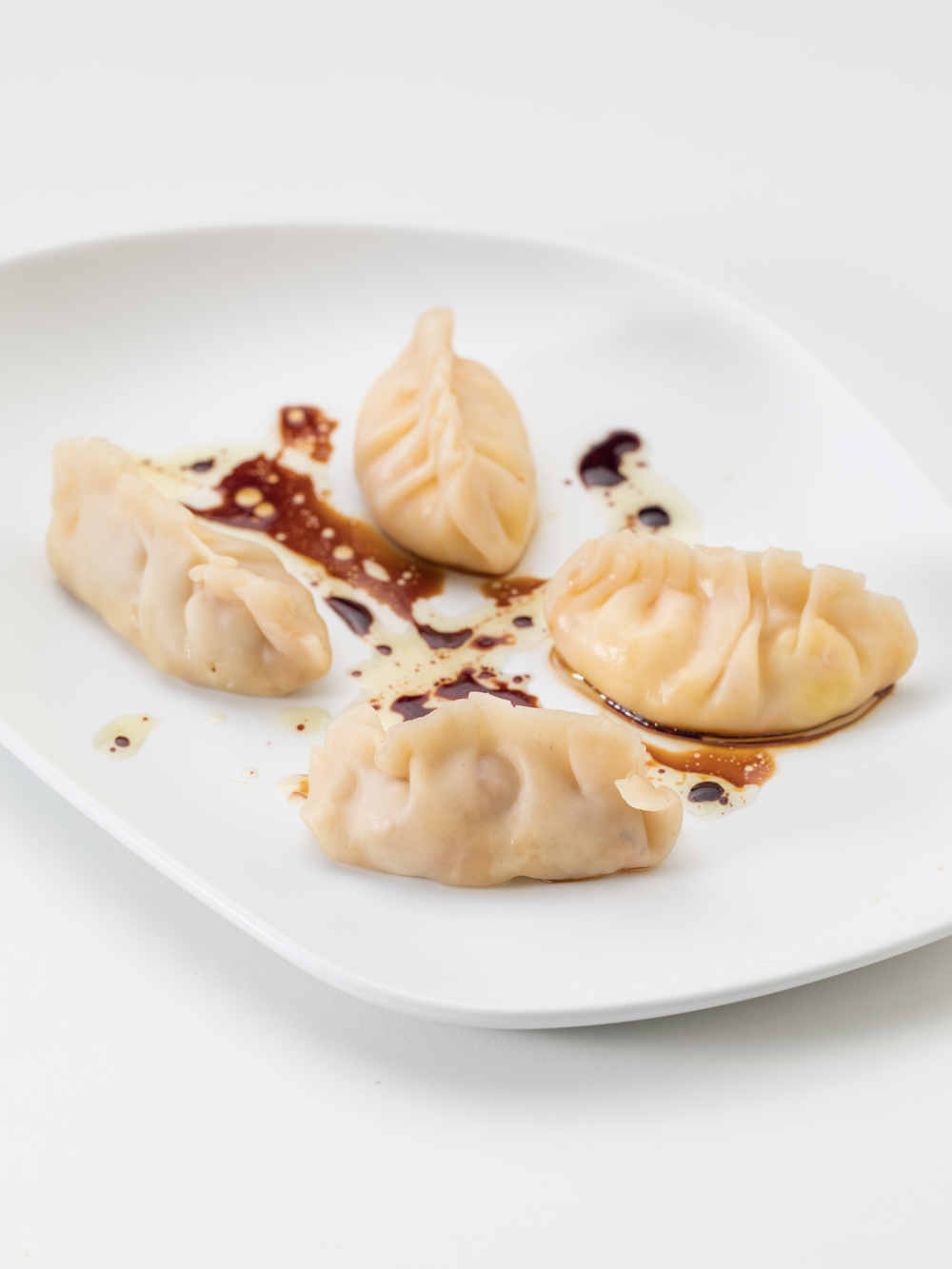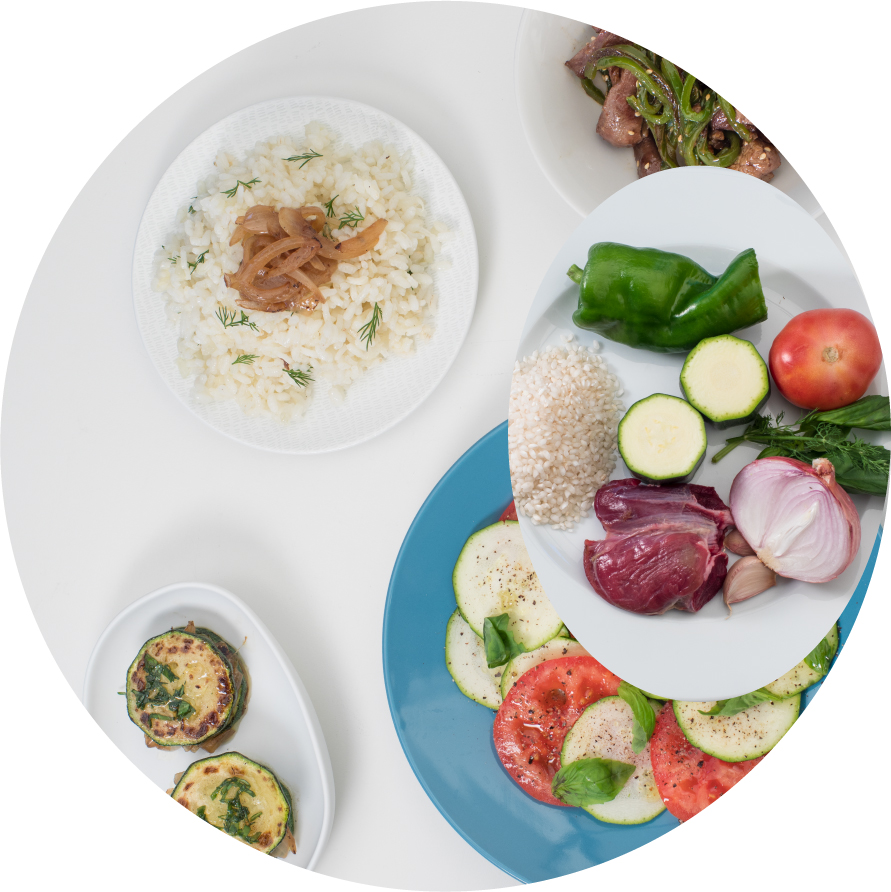Distortion of taste
Dysgeusia refers to the perception of unpleasant, metallic, or bitter tastes in food.
WHAT DO WE RECOMMEND?
Protein-rich foods may cause increased off-flavours. To ensure their consumption, meat, fish, seafood, and eggs should be prepared in a way that masks the unpleasant taste they may cause.
- Marinating meat and fish in citrus juices, sweet and sour sauces, or non-spicy spices.
- Eat meat mixed with sweet or aromatic foods or condiments (fruit, nuts, compotes, jams, marmalades, honey, etc.).
- Use recipes that mix well different ingredients such as puddings, croquettes, fritters, empanadas, or cannelloni.
Some suggested recipes:
Wash your mouth before eating with water and thyme or bicarbonate of soda. Maintain good oral hygiene.
Prepare unfamiliar or different dishes.
Very often, the bad taste of food occurs when it does not meet the expectations of the dish; if you prepare dishes that you have never tried before, you minimise the effect of expectation and can better tolerate strange tastes. It is an opportunity to get to know new food cultures and to choose spicy preparations that are appealing, but at the same time easy to prepare.
Some suggested recipes:
Avoid foods with a strong smell (oily fish, fried foods, cabbage, etc.) and choose cold or warm dishes if there is also an alteration of smell, as they give off fewer odours.
Eating tapas-style (small amounts of different dishes and not too much of a single dish): the metallic taste usually appears after a while.
To ensure that by eating tapas all the necessary nutrients are incorporated, start from the ratio of the the plate method. Follow the next recipe as an example.
Some suggested recipes:
If the water tastes unpleasant, add a few drops of lemon juice. Dilute the juice of one lemon in a litre of water or put citrus cubes in the water.
To eliminate strange tastes, rinse your mouth with tea (mint or lemon), other herbal teas, fruit juices, or small portions of jellies or ice lollies, before, during, and after meals.
Eat acidic fruit (orange, lemon, strawberries, kiwi, pineapple…) to help get rid of the metallic taste.
Eat sugar-free sweets or chewing gum in between meals.
It can help prevent bad taste.
